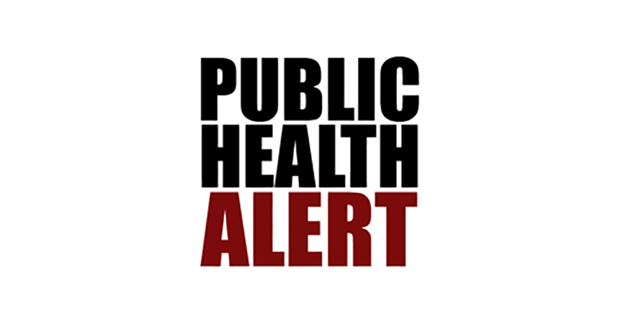ST. LUCIA: Saint Lucia’s Ministry of Health warns the public against the effects of excessive heat and being bitten by mosquitoes.
The Ministry of Health, Wellness, Human Services and Gender Relations cautions all persons on the need to remain hydrated and avoid direct sunlight as Saint Lucia is currently experiencing high heat levels. Officials from the Metrological Services Department have confirmed that this weather is due to dry atmospheric conditions accompanied by little cloud cover and very light winds. Collectively, these factors place the public at risk of dehydration and its related effects which include dizziness and fainting spells.
To avoid the detrimental effects of heat waves, the Ministry of Health advises the public to avoid exposure to direct sunlight, especially between the hours of 11 am and 2 pm and to regularly drink water. It should be noted that sugar laden drinks are not a substitute for water as they contribute to further dehydration. These guidelines are particularly important for the elderly and young who tend to be most easily affected by extreme heat. Persons with diabetes and persons with other chronic diseases are also urged to adhere to the precautions indicated during this time.
The Ministry of Health advises patrons of the national Jazz festivities, that high levels of alcohol consumption while exposed to heat can increase the rate of dehydration. It is therefore advised to limit alcohol consumption during outdoor activities and increase water intake. Hats; cool, light colored protective clothing and sunblock are also useful in limiting the impact of the heat.
The Ministry of Health also advises the adoption of personal protective measures particularly at outdoor events to decrease the possibilities of being bitten by theAedes aegypti mosquito. This includes the application of insect repellant to exposed skin as recommended by the manufactures. The use of light coloured, long sleeve shirts and long pants are also effective measures for reducing exposure to bites. In adopting these practices, persons can significantly reduce their chances of being exposed to mosquito borne diseases like Dengue Fever, Chikungunya and Zika.
For further information please contact Dr. Sharon Belmar-George, Medical Officer for Health, at telephone numbers 4685308 and 4685310.





